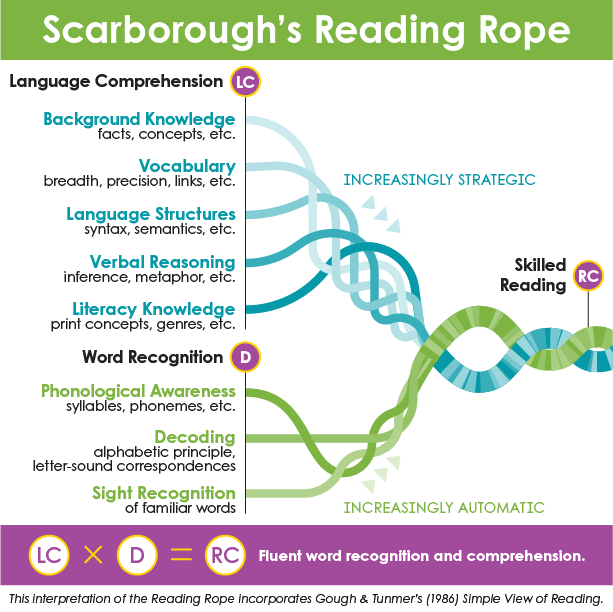
Susan Neuman
@susanbneuman
Professor of Childhood and Literacy Education; New York University
ID: 3405749867
https://www.nyuliteracylab.com/ 06-08-2015 15:12:46
929 Tweet
2,2K Takipçi
318 Takip Edilen



Increasing attention on oral language skills, vocabulary and content knowledge in the early years can build lifelong learning habits and accelerate literacy development. Summertime is great for informal conversations around and about your neighborhood. earlylearningnation.com/2024/05/connec…

Summer is in full swing for NYC Public Schools teachers…time to take a break, and give yourself a pat on the back for working toward the enormous changes in reading instruction this year. I’m amazed at the quality, effor,t & dedication you all bring to teaching. Have a great break!








Wish 2⃣ for the 2024-2025 school year Integration of content learning into #literacy instruction, including ALL areas of the curriculum such as science, math & art. Reading comp is not a 'skill' that can be easily transferred from one domain to another. nepc.colorado.edu/blog/more-acti…


Wish 4⃣ for the 🆕 school year Parents & teachers will choose informational or narrative non-fiction books to read during storytime. Non-fiction books can enhance children’s experiences and interests, AND introduce them to experiences they have not had. ila.onlinelibrary.wiley.com/doi/abs/10.100…

Wish 5⃣for the 🆕 school year Communities coming together to increase literacy opportunities- children need to SEE books in their environment to want to become readers. Kudos to NYC Reads Initiative for their commitment to improving #literacy in NYC! x.com/SusanBneuman/s…







